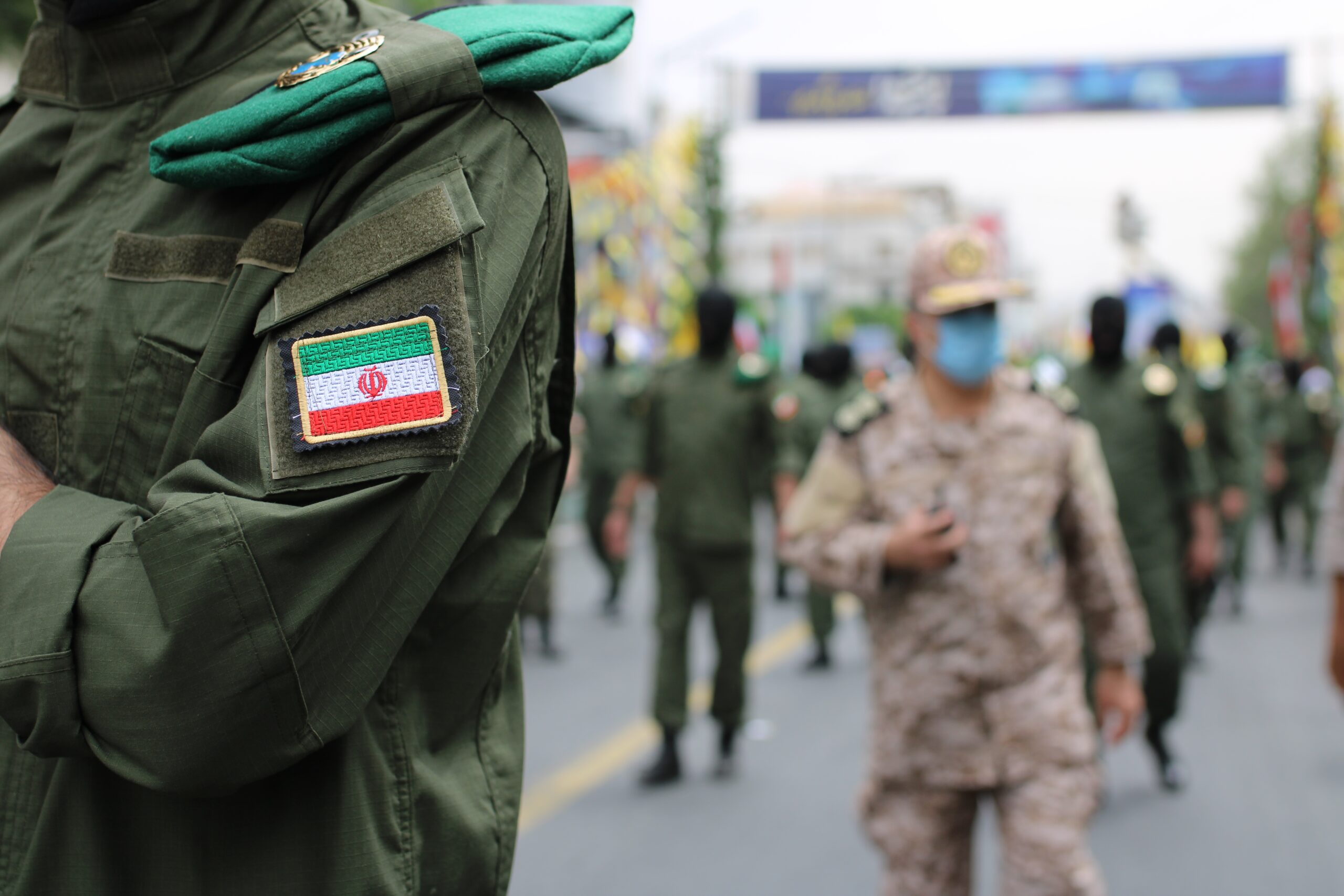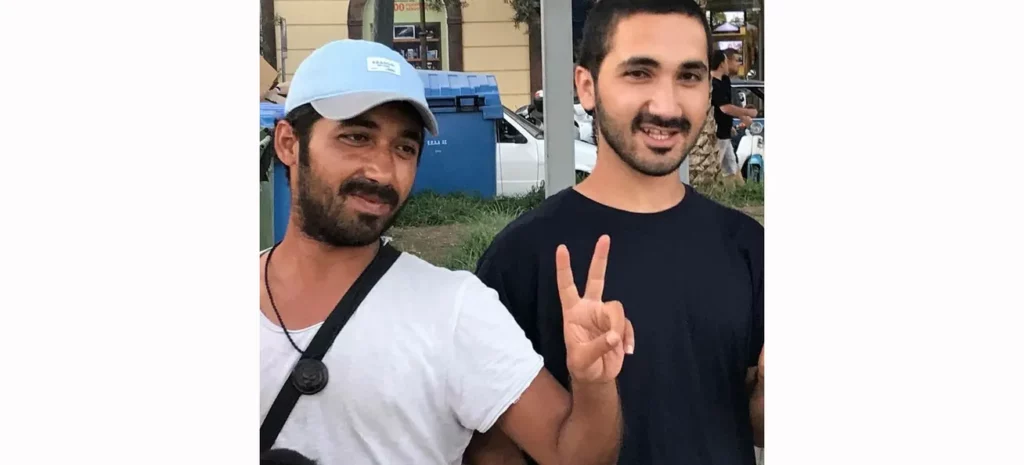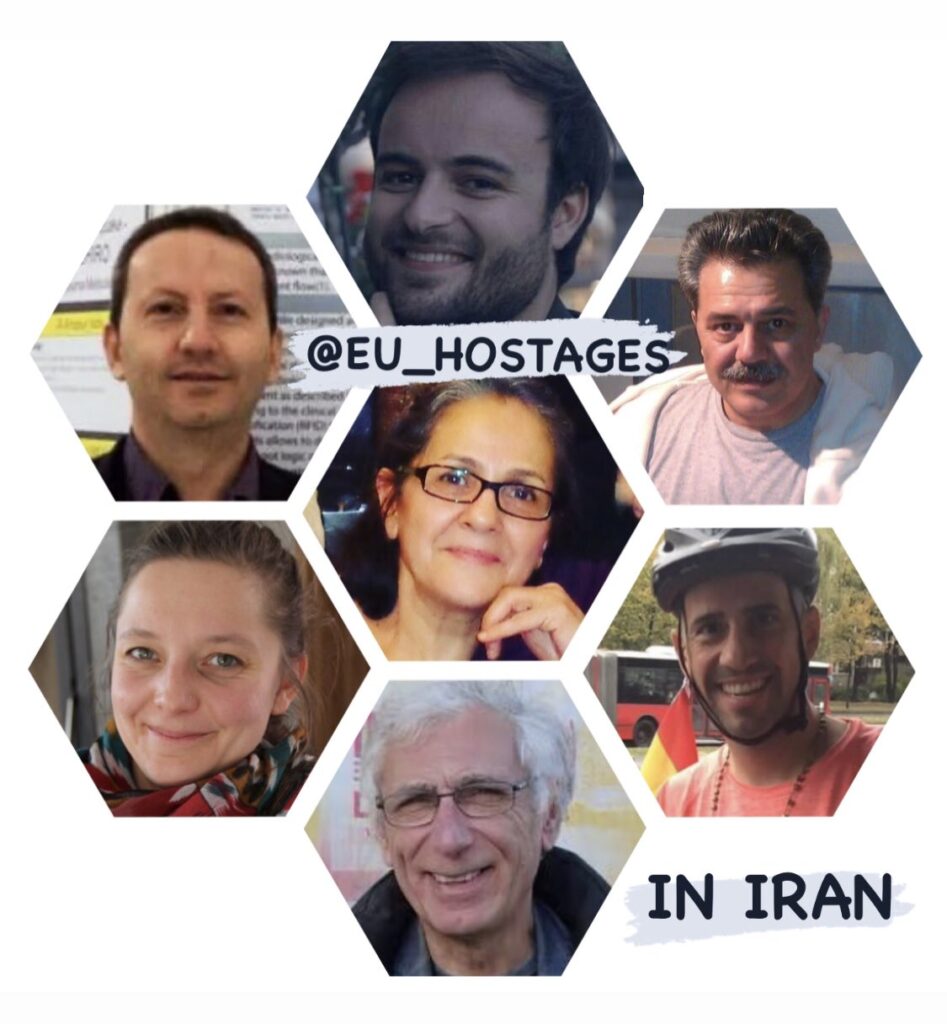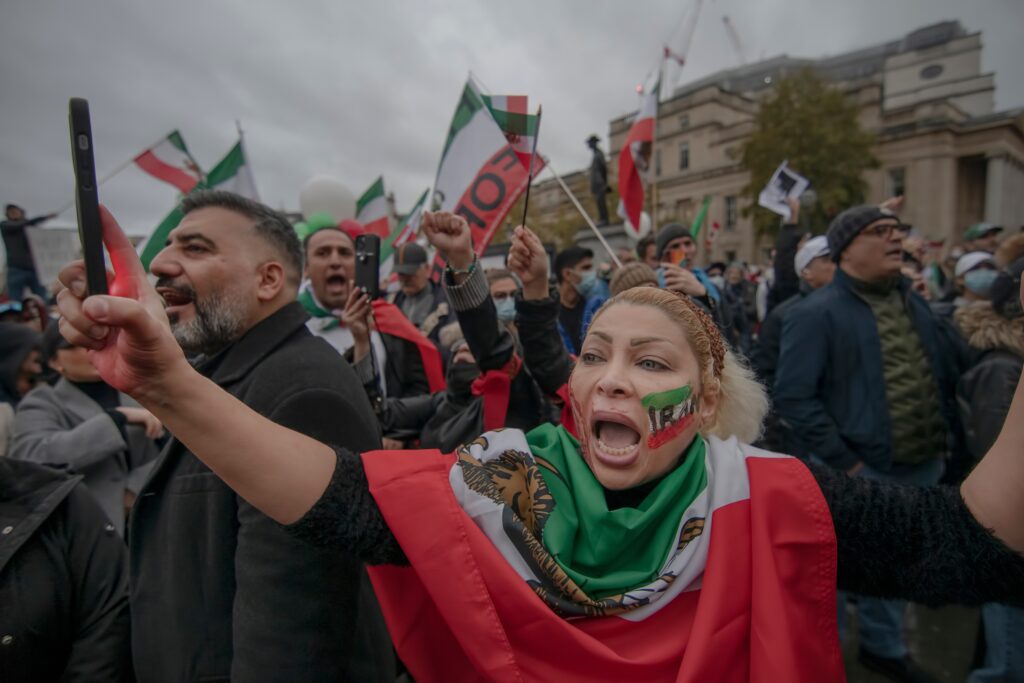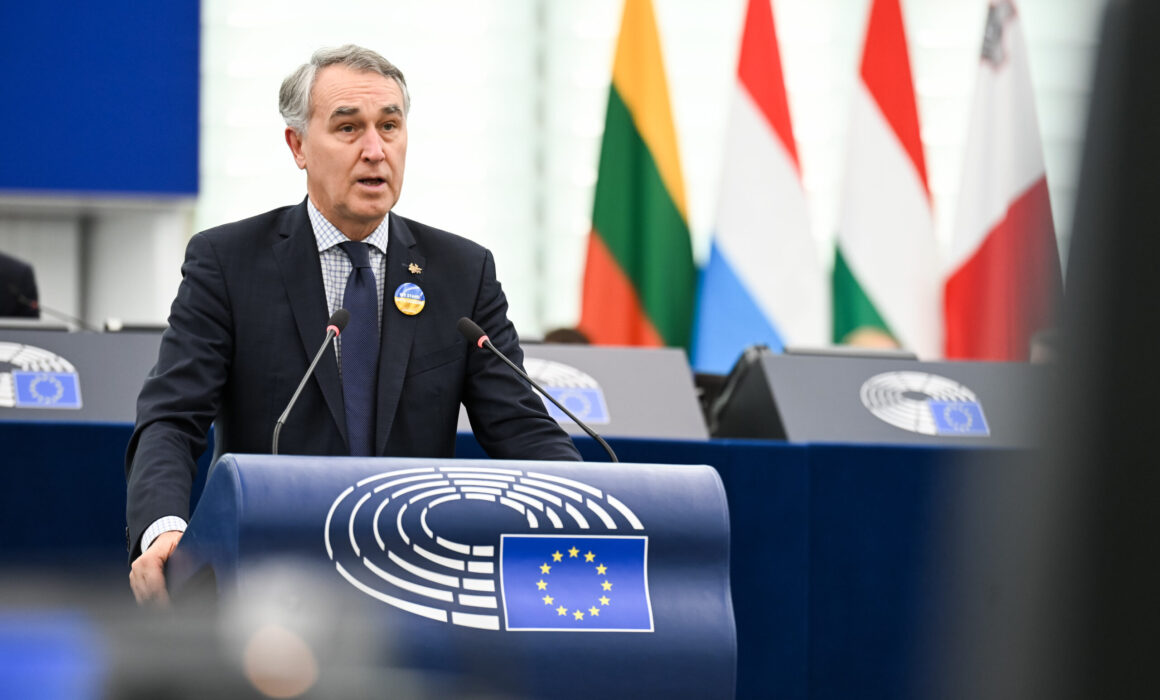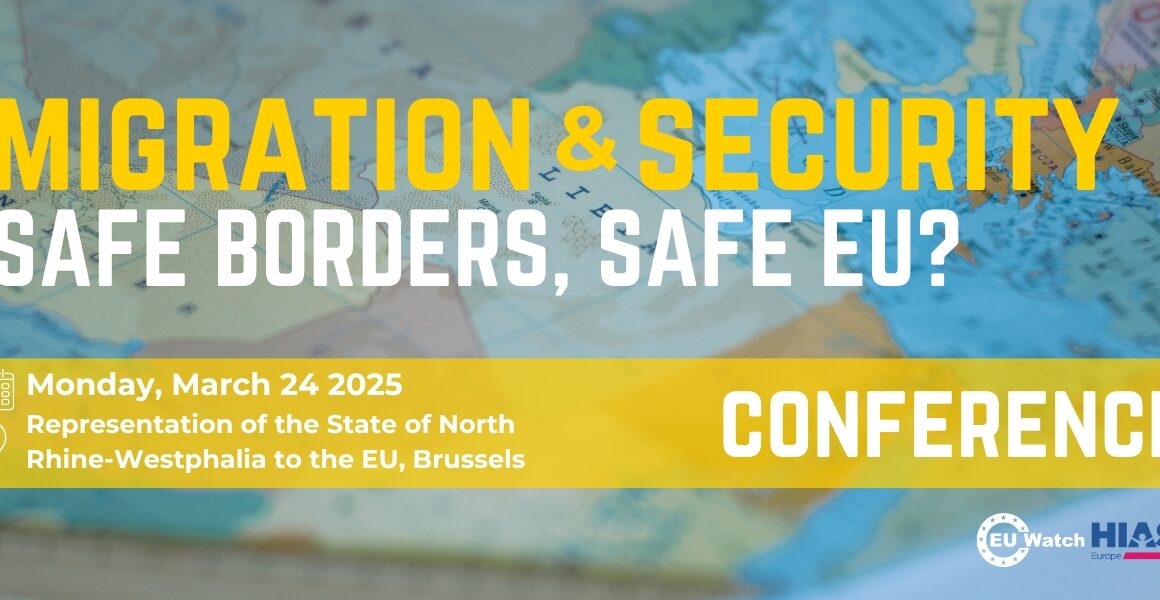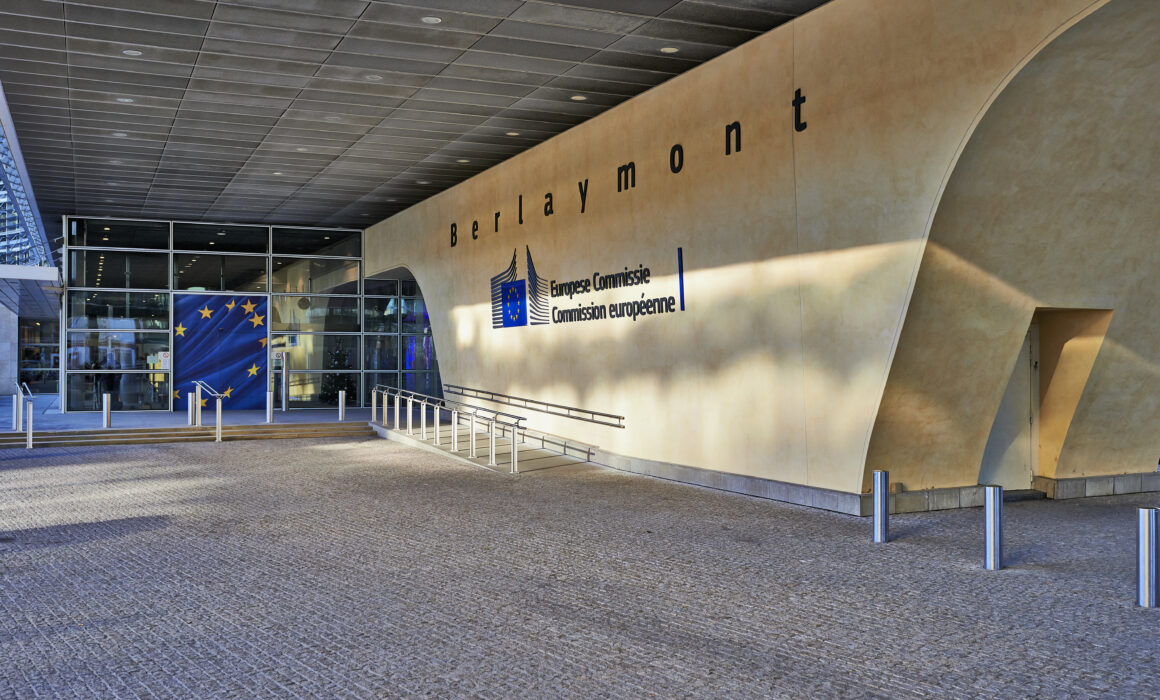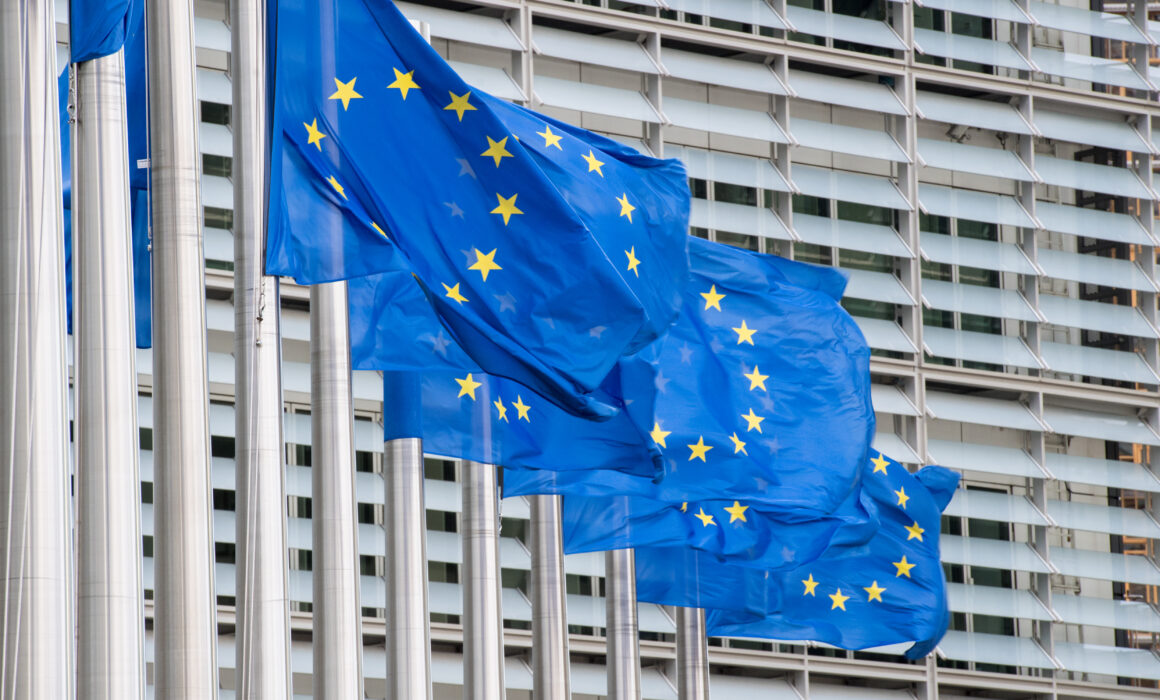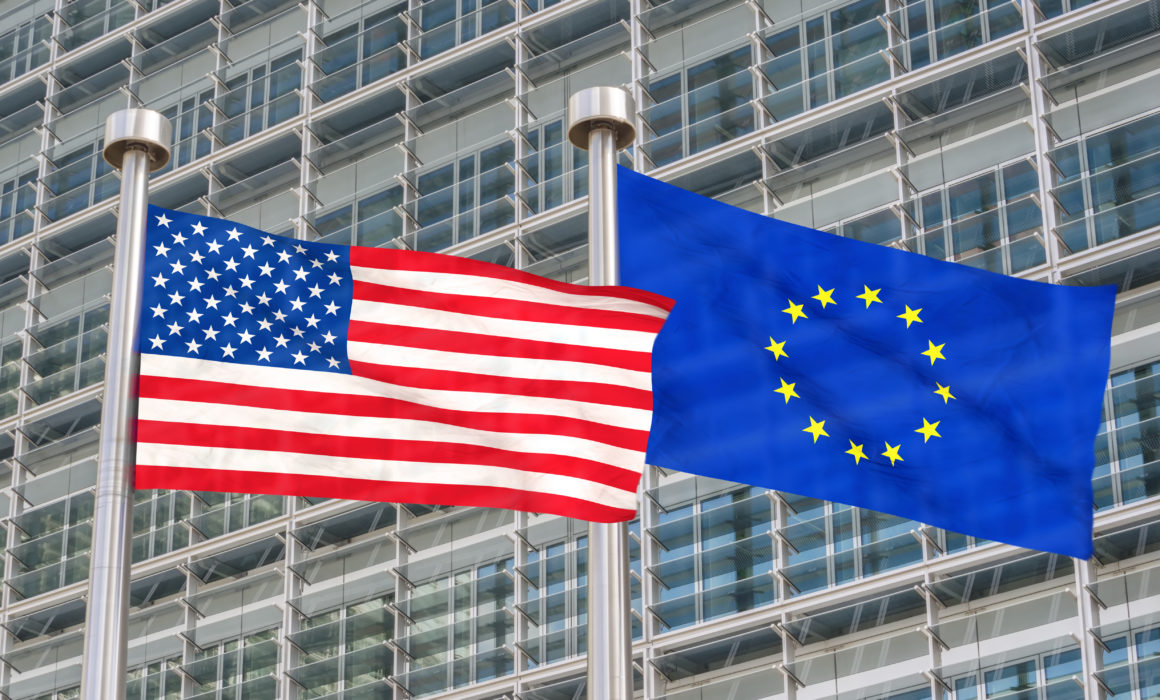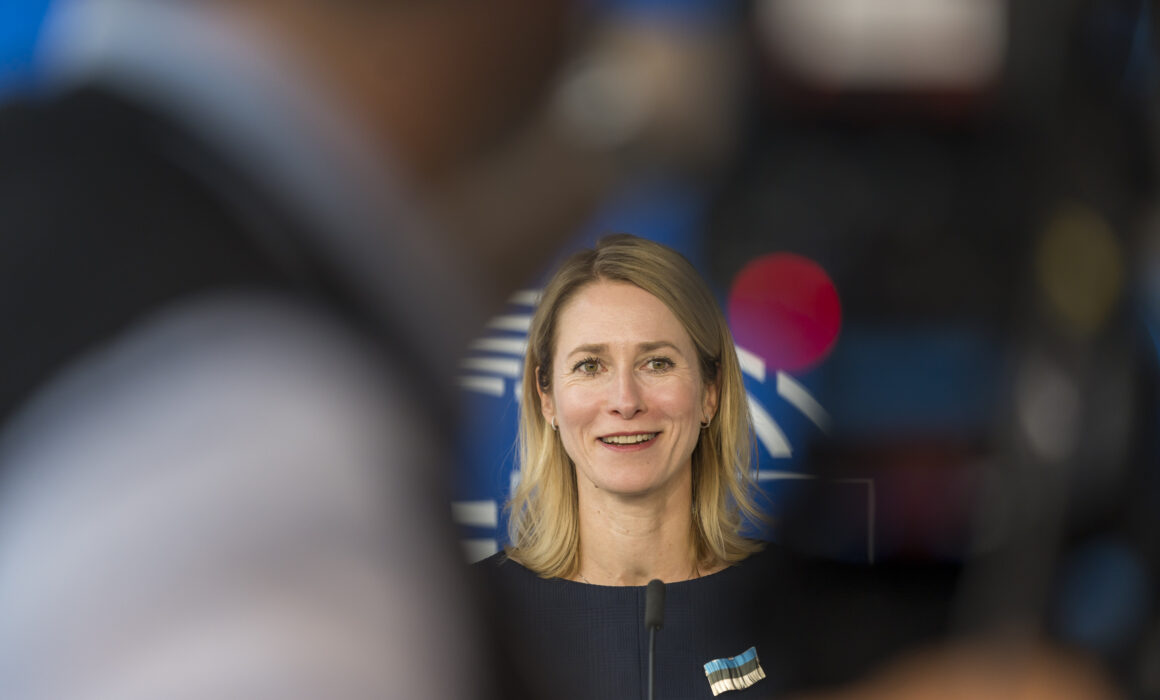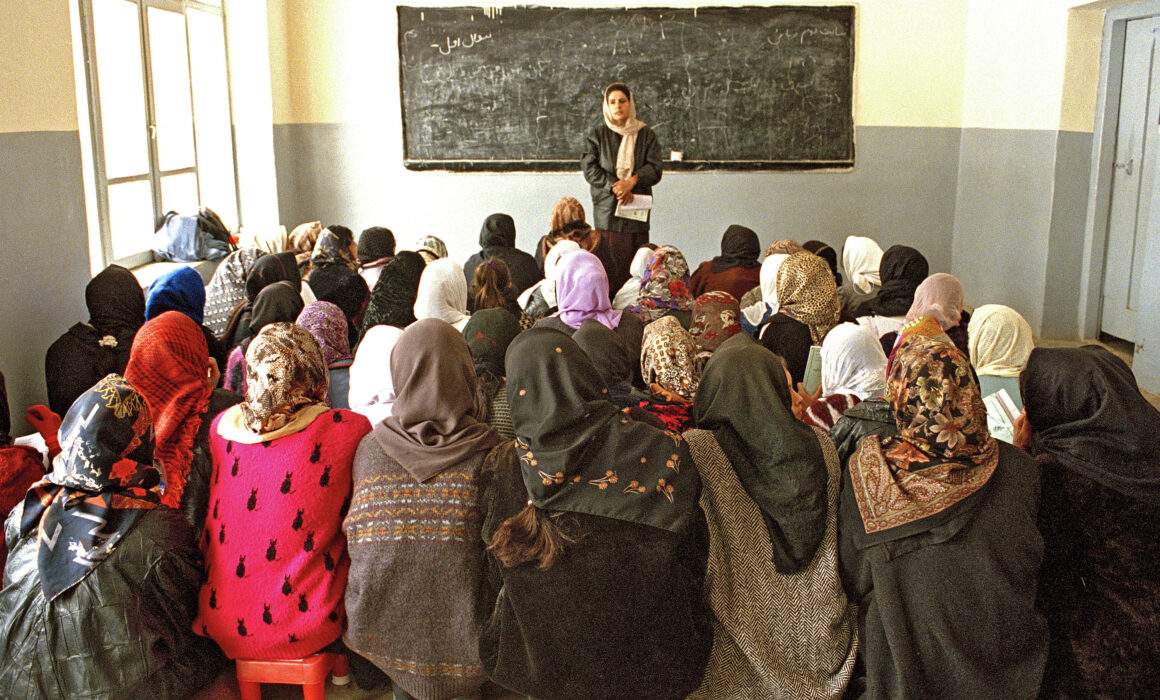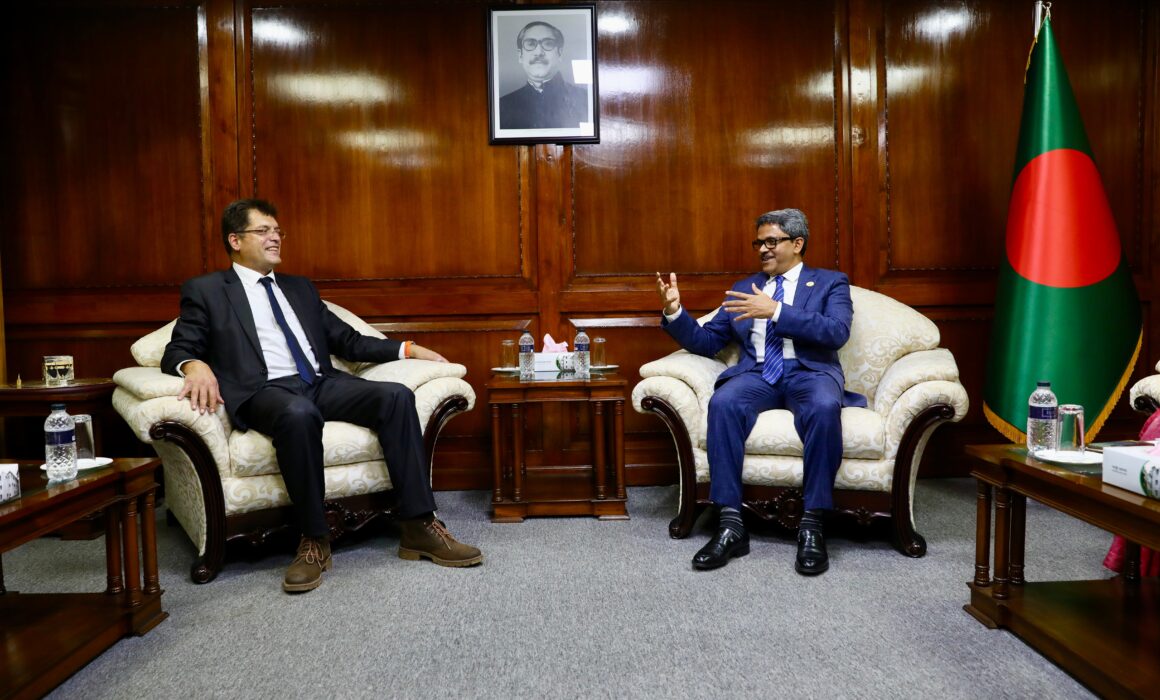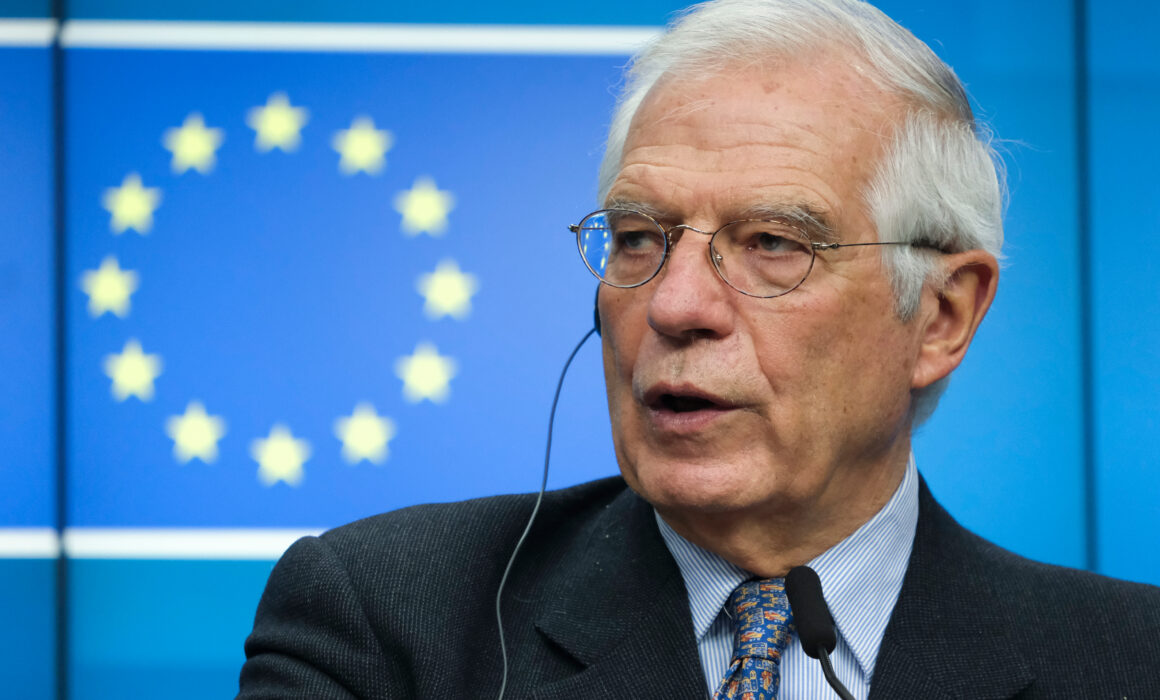And then you went to Greece and into the European Union?
For the first eight months, I stayed in Turkey because I didn’t want to go so far from my mother and she was everything that I had in my life.
In Turkey, I was also active against the regime, and I assisted Syrian refugees who lived in Ankara because in Ankara, there were many poor areas where refugees lived. There, you even had working children at the ages of 7, 8 or 9 years old. So, I created a group together with other Iranian political activists and then we tried to help the refugees with food and clothing so that they didn’t have to force their children to go to work.
Then, I became a problem for the Turkish government, for two reasons. First, they said that if I wanted to help the refugees, I couldn’t set up a group, I had to pay all the money and donations we had to the government and the government would help them. Second, when you come to Turkey you have to sign that you don’t have a right to engage in political activism as a refugee. If I continued, they said, they will deport me back to Iran. So, I left Turkey after eight months and I went to Greece, where I ended up in the Moria camp on Lesbos.
How much time did you spend in the Moria refugee camp? What were the conditions there?
For two years, I was in Moria, and then for another two years in Athens. When I was in Lesbos, I was also active for the other refugees. We did some protests and hunger strikes.
The last time we did a hunger strike it was for 42 days because they wanted to deport Kurdish, Iraqi and Syrian refugees, including my younger brother who was there as well. Our hunger strike was successful, and the deportations were avoided.
From this moment, I became famous on social media as an Iranian refugee activist. So, the authorities decided to expel me from Moria. My brother stayed there, but I was sent to Athens.
While Lesbos was a big prison for the refugees, Athens wasn’t really much different. There were many homeless refugees all over the city. I saw pregnant women, babies, children, old men and sick people sleeping on the street without any support. So, I started to be active again and founded an organization ‘Our House’. All our volunteers were refugees. So, refugees were helping other refugees, but with the donations of Europeans.

